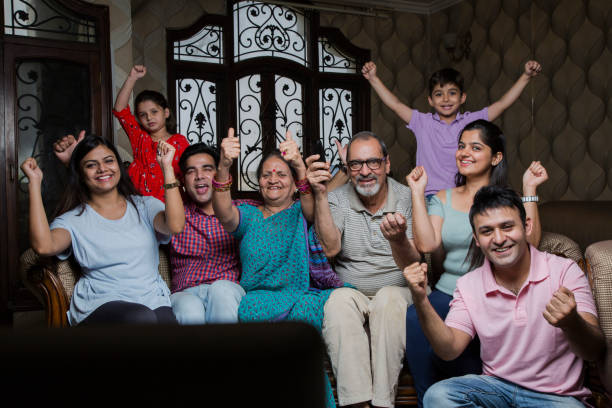The way we speak about age reveals more than just vocabulary preferences; it reflects our values, cultural shifts, and how society views older adults. Language, after all, is a living expression of social attitudes. When it comes to ageing, the words we choose can either reinforce outdated stereotypes or open the door to dignity, respect, and empowerment.
From terms like “senior citizens” to “active agers,” generational language is evolving, and with it, our understanding of what it means to grow older.
From ‘Old Age’ to ‘Later Life’: A Shift in Tone
In the past, ageing was often described with words that suggested decline: “elderly,” “infirm,” “past it.” These terms implied passivity and loss, and they shaped perceptions that growing older was something to endure rather than embrace.
Today, more inclusive and respectful language—like “later life,” “older adults,” or even “vibrant agers”—has started to take root. These alternatives reflect a more holistic view of ageing as a stage filled with opportunities for growth, learning, and contribution.
The Rise of Positive Ageing Language
Recent generations are challenging the idea that ageing equates to irrelevance. Baby boomers and Gen Xers, now entering retirement age, are redefining what it means to age well. As a result, terms like “golden years,” “third act,” or “active retirement” have become more common in everyday conversation and media.
This shift in language is helping to combat ageism by highlighting the strengths, independence, and experience that come with age, rather than focusing solely on limitations.
Language and the Role of Care Environments
How people talk about care also plays a crucial role in shaping perceptions. In the past, “nursing home” often carried negative connotations of institutionalised care and loss of autonomy. Today, the term “residential care” or “care community” is preferred, suggesting comfort, support, and a focus on quality of life.
Leading residential homes for the elderly now embrace this more person-centred approach, not just in practice but in how they communicate their values. These homes are designed not as places of decline, but as vibrant environments where older adults can continue to live meaningful, connected lives.
Generational Preferences and Identity
Different generations also have different preferences for how they want to be described. Some might still identify with the term “senior,” while others prefer “older adult” or no label at all. Recognising and respecting these preferences is an important part of supporting personal identity and dignity in care and community settings.
As society’s understanding of ageing continues to evolve, so too should the willingness to ask: “How would you like to be described?” This simple question reflects a deep respect for individual identity.
Challenging Internalised Ageism
It’s not just about how others speak about ageing—language also shapes how people feel about their own later years. When older adults internalise negative language, it can affect confidence, motivation, and even health outcomes.
Using empowering language can help reinforce self-worth, encourage engagement, and support healthier attitudes towards ageing. In both personal and professional settings, these linguistic choices make a real difference.
What This Means for the Future
As life expectancy increases and more people live longer, fuller lives, society must continue to rethink its language around ageing. It’s not just a matter of political correctness—it’s about accuracy, respect, and recognising that older adults are as diverse, capable, and valuable as any other group.
Organisations, families, and professionals alike have a role to play in shaping this new narrative—choosing words that reflect appreciation rather than pity, agency rather than helplessness, and vitality rather than decline.
Language is powerful. It not only communicates how we see others but also how we expect them to be treated. By shifting the way we talk about ageing, we reshape societal attitudes and open the door to more compassionate, inclusive, and progressive views on growing older.
Care providers are already leading this change, demonstrating that when we combine evolved language with thoughtful care, we create environments where every stage of life is honoured and celebrated.

